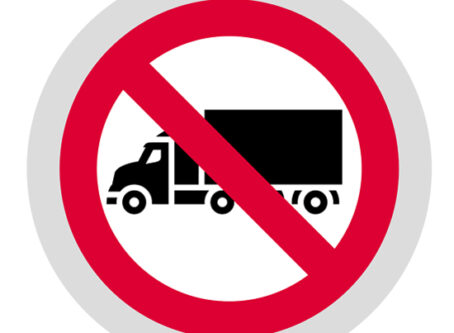Illinois bills cover truck fees, restrictions, firearms
Multiple bills in the Illinois statehouse cover issues of interest to truckers.
One issue of interest would allow truckers with Illinois base plates to keep more money in their pockets.
Three bills introduced in the House and Senate would repeal collection of the commercial distribution fee for trucks in the state. The amount is a 14.35 percent surcharge of the annual registration fees.
The original fee was 36 percent. The fee was later reduced to 21.5 before it was trimmed to its current rate in 2006.
For truck registrations of 80,000 pounds, truckers are required to chip in another $400 to cover the fee. On top of the nearly $2,800 they already pay for base plates, truckers pay about $3,200 a year to tag their trucks in the state.
Truckers say the fee amounts to a tax on a tax.
The bills – HB813 and SB105 – would take effect July 1, 2020. HB2130 would take effect immediately. HB813 is scheduled for a hearing on Thursday, Feb. 14, in the House Revenue and Finance Committee.
Concealed carry
A separate bill in the Senate would clarify a portion of the state’s concealed carry law.
The state passed a concealed carry law in 2013. Since then, the state’s 30 rest areas controlled by the Illinois Department of Transportation prohibit concealed carry.
SB1228 makes clear that it is not against the law to carry a concealed firearm on the premises of a state DOT rest area.
Advocates say the change to state law is needed because they do not want people with concealed carry permits to avoid the state.
The bill awaits assignment to committee for possible consideration.
Local air quality limits
One more bill, HB2318, would authorize local authorities to limit the operation of trucks or other commercial vehicles on highways in areas with “poor air quality.”
Areas with poor air quality would be defined as follows:
“Poor air quality” means when pollutants, including emissions from natural and unnatural sources, in the air reach a high enough concentration to endanger human health or the environment.









